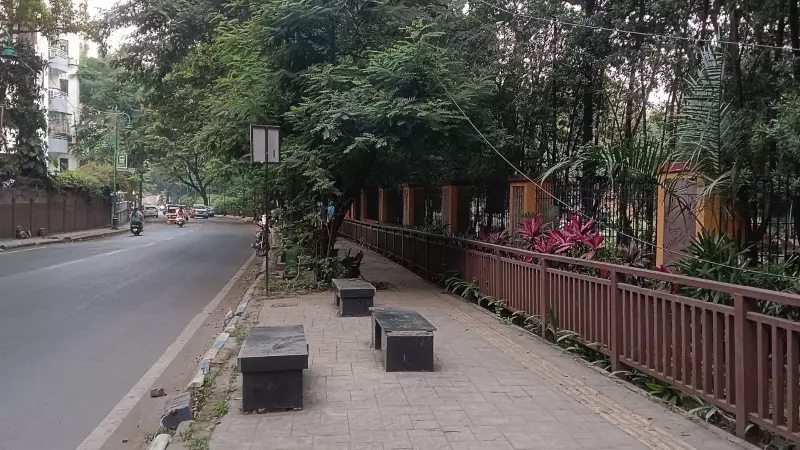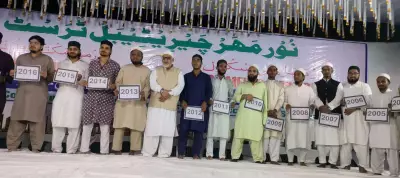
Nestled in a peaceful residential area of Pune, the Irawati Karve Marga stands as a quiet tribute to one of India's most influential social scientists. This serene road, flanked by greenery and winding past neighborhood parks like Salisbury Park and Gool Poonawalla Garden, carries more than just traffic—it carries the legacy of a woman who fundamentally shaped Indian anthropology.
The Founding Mother of Indian Anthropology
According to Dr. Shantanu Ozarkar, Head of the Anthropology Department at Savitribai Phule Pune University (SPPU), Irawati Karve remains a foundational figure in her field. She founded and headed the joint department of Anthropology and Sociology at Deccan College Post-Graduate Research Centre in 1939, establishing herself as one of India's first professional anthropologists.
Dr. Ozarkar emphasizes the breadth of her research, which spanned from excavating human skeletons to documenting kinship terminologies and measuring anthropometric profiles of various Indian communities. Her genius lay in integrating these diverse evidences rather than studying them in isolation.
Karve developed pioneering concepts that continue to influence Indian anthropology today, particularly her theory of the 'caste cluster' and her understanding of caste as an endogamous group with extensive kin networks. Her academic contributions include landmark works such as Hindu Society: An Interpretation, Kinship Organisation in India, and Yuganta, which earned the prestigious Sahitya Akademi Award.
From Berlin to Pune: Challenging Racist Science
Karve's training occurred during a turbulent period in both science and politics. She studied in Berlin as Nazism was rising, learning from a school of racist science that promoted theories of white superiority. Remarkably, Karve openly challenged her German colleagues and opposed these racist theories, demonstrating intellectual courage that would define her career.
According to her biography Iru, co-authored by her granddaughter Urmilla Deshpande and Brazilian anthropologist Thiago Pinto Barbosa, Karve struggled to adapt her German training to study Indian communities in a non-racist manner. This ethical stance distinguished her work in an era when anthropology was often weaponized to support racial hierarchies.
Enduring Legacy in Policy and Education
Karve's influence extended beyond academic circles into policy-making, particularly concerning women's issues. Her 1975 essay The Indian Woman demonstrated her commitment to influencing government policies toward women, showcasing how anthropological insights could drive social change.
Dr. Ozarkar notes that Karve's scientific rigor and pioneering thoughts continue to inspire younger generations through her writings. Her legacy remains physically present at SPPU through the Museum of Anthropology, which was established in 1978 and renamed in her honor in 1993.
The museum houses rare casts of hominid fossils, over 900 tribal artifacts, and extensive tribal exhibits across its Footprints, Home and Hearth, and Celebration galleries. It serves as both an academic resource and a lasting reminder of Karve's profound impact on the field.
Today, as pedestrians and vehicles traverse Irawati Karve Marga, they move through space consecrated to a scholar whose work continues to shape how India understands its social fabric. The road may be quiet, but the legacy it carries speaks volumes about one woman's determination to document and understand human diversity with both scientific precision and ethical commitment.





